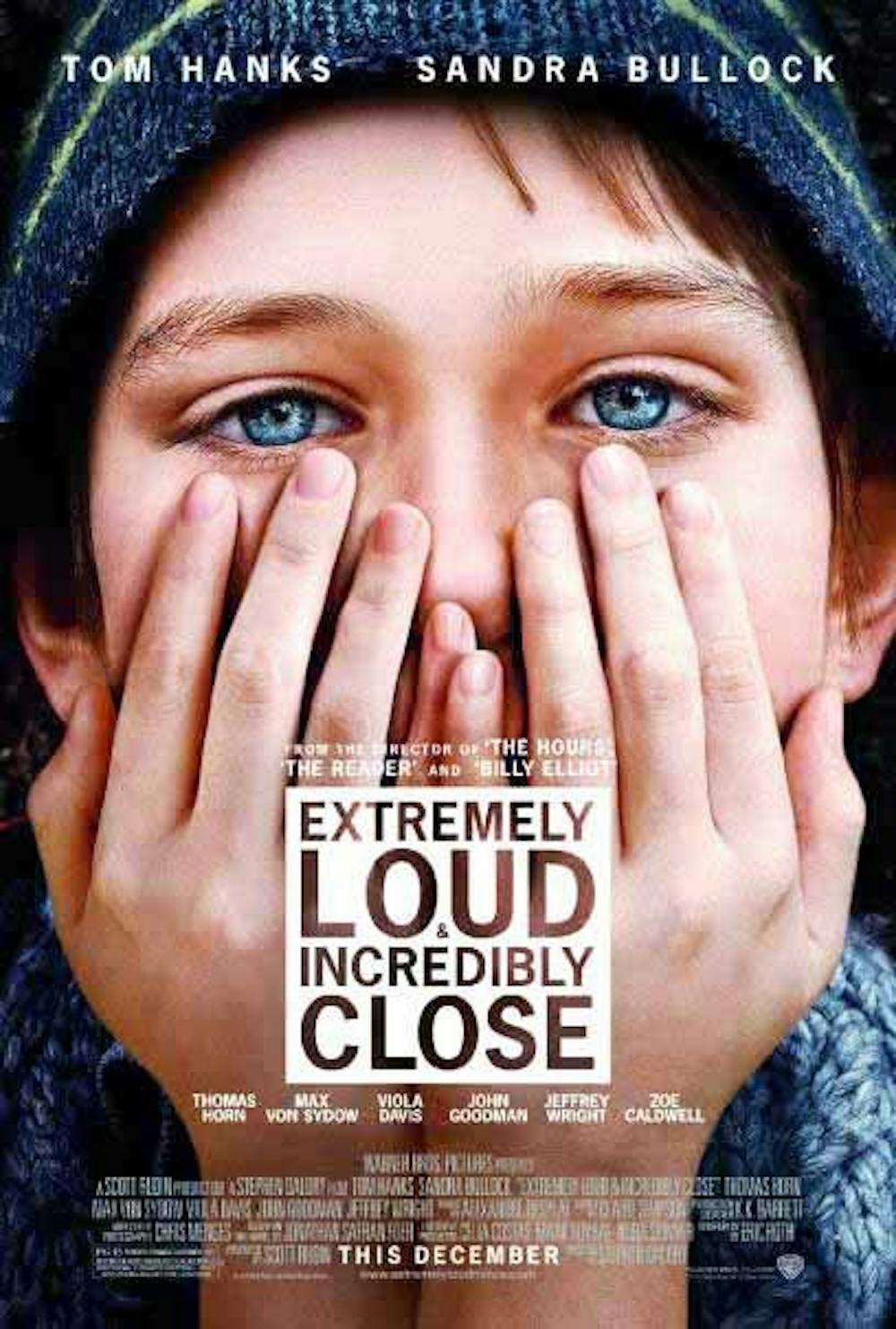“Extremely Loud and Incredibly Close” begins as a balancing act between the emotional and the thoughtful in its approach of September 11, but ultimately teters into melodrama.
The movie, based on Jonathan Safran Foer’s novel, is about a boy named Oskar Schell (Thomas Horn) and his response to the death of his father (Tom Hanks) in the attack.
The movie had the potential to be provocative and sometimes succeeded, with Oskar’s quirky thought process ruling the narration. His off-the-wall ideas, such as underground skyscrapers for the dead, and his unfiltered, unstopped dialogue are a refreshing approach to a child protagonist.
Director Stephen Daldry’s use of close-ups on heavy machinery and shots of germ-ridden items in the city do a good job showing just how hyperactive Oskar’s psyche is. The movie’s repeated emotional punches saturate the story and oftentimes prevent characters from revealing depth beyond their sadness. Sandra Bullock’s role as Schell’s grieving mother is confined to scenes solely of her trying to talk beyond stifled tears.
The film could have taken some lessons from Max Von Sydow, whose portrayal of Oskar’s silent neighbor is understated — unlike the rest of the film — and allows facial expressions and note cards to do the work.
The September 11 element is initially tasteful, but overlooks the subtle emotional hurt of a whole city in its insistence on pandering to the audience’s emotion. With a swelling score, the film presents more sequences of sappy dialogue than a Glee season finale.
“Extremely Loud and Incredibly Close” has a strong cast and the potential for more. Instead, it lays strong groundwork but takes tears for currency and goes on a reckless spending spree.




